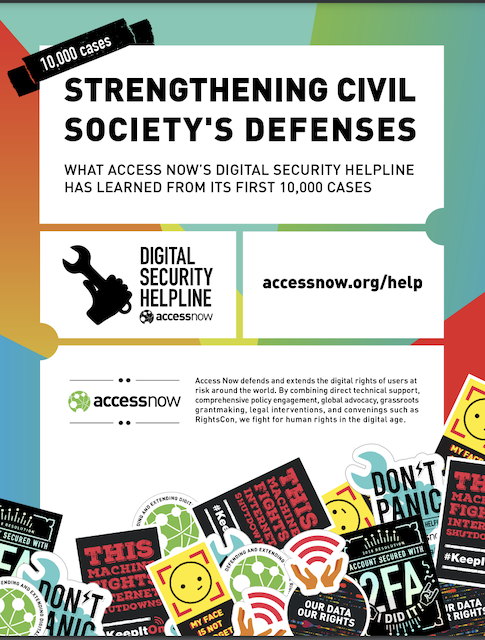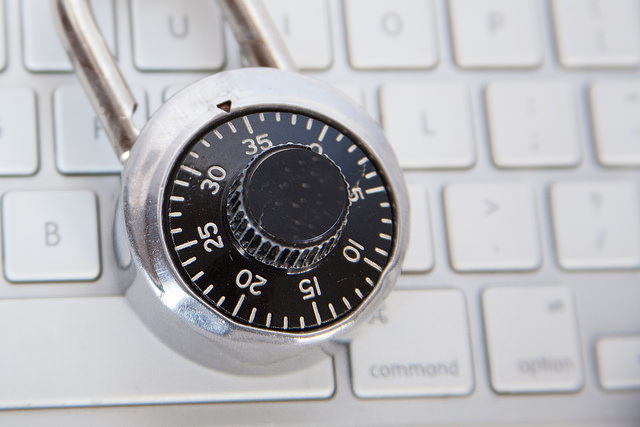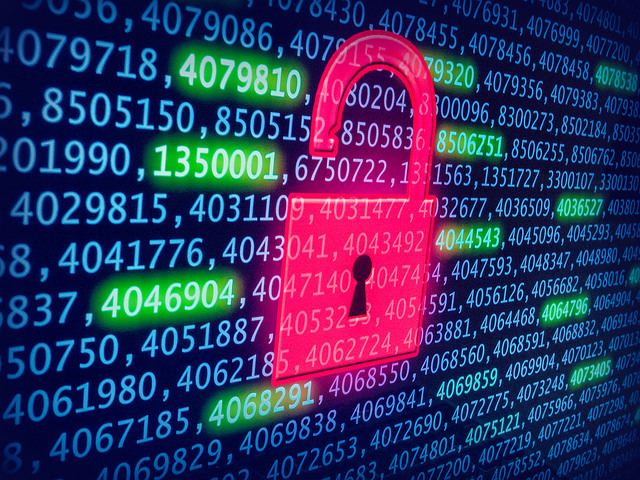Access Now’s digital security helpline
Providing digital security advice and support to at-risk users has been a core pillar of Access Now since the early days of the organization over 10 years ago. The organization invested in creating the Digital Security Helpline (DSH), which documented its first case regarding distributed ticketing systems on Aug. 23, 2013. I wish I knew of their helpline in 2014 when our news website was blocked on Facebook for over a year. Writing letters to Facebook’s headquarters proved futile until a friend abroad assisted us to be unblocked. When Access Now heard of our dilemma, it introduced us to its services, which offer real-time, direct technical assistance and advice to civil society groups and activists, media organizations, journalists and bloggers, and human rights defenders. Its 24/7 services are translated in nine languages: English, Spanish, French, German, Portuguese, Russian, Tagalog, Arabic and Italian. Response to all requests is within two hours.
Seven years later, the team released a report titled “What Access Now’s Digital Security Helpline” (full report here) has learned from its first 10,000 cases. Each case represents an individual story, often involving someone risking safety to defend their rights and those of others. “From online harassment to sophisticated malware, civil society continues to be targeted by the very entities who are obliged to protect it,” said Michael Carbone, DSH deputy director at Access Now. “We are only as safe as the most vulnerable online – and offline. Civil society must work in solidarity to protect ourselves and our communities and ultimately ensure our human rights.” DSH beneficiaries cover NGOs/non-profit/collective human rights activists.
Independent media, journalists, human rights lawyers, bloggers and researchers use the term “reactionary” to refer to situations where an incident is already taking place, and it orients support toward management and recovery. The term “preventative” describes cases initiated before incidents occur to improve the online safety of the beneficiary. Out of the cases between 2013 and 2020, the majority have been reacting to urgent incidents.
Security assessments are becoming the most common preventative case category in 2020. Enabling two-factor authentication remains a very important step to protect control of accounts. Another example is a testimonial from a beneficiary who received threats on specific queries regarding phone system, VoIP-services and the local contexts from activists. Because of the support provided by the DSH, they changed operating tools, adopted encryption, revised the manner in creating passwords and raised their overall level of security. Most times where they helped recover an account, the recovery information was not available or current, complicating the recovery process. Checking recovery information, such as a recovery email account or phone number, is important.
Another type of case that increased since 2017 is online harassment, specifically harassment of women and members of the LGBTQ+ community using social media platforms. Out of all cases, the DSH has handled cases related to women’s rights organizations, majority were reactionary, with the largest number of cases connected to account compromise, followed by harassment and censorship. Facebook was the platform where Helpline beneficiaries reported the most attacks, followed by Twitter and Instagram. These findings show women’s rights organizations (and women in general) continue to be disproportionately targeted for attack on social media platforms.
The report concludes “the global network of activists, journalists, human rights defenders, and civil society organizations is in ever-increasing need of digital security assistance as they face more severe and persistent threats.” A helpline is available in the Philippines. The DSH will help an individual or organization through assessing the risks one faces in work and will prioritize digital security needs. The DSH aids one in resolving existing problems, teaches some of the most important best practices and helps secure a mindset for the future. Find out more about the DSH at https://www.accessnow.org/help/ and the resources available.
First published at Sunday Business & IT, June 19, 2021




